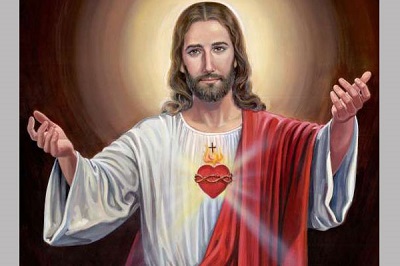
The is an insight into the religious day called Good Friday well-recognized by the Christian folks.
Good Friday is a Christian religious holiday commemorating the crucifixion of Jesus Christ and his death at Calvary. The holiday is observed during Holy Week as part of the Paschal Triduum on the Friday preceding Easter Sunday, and may coincide with the Jewish observance of Passover. It is also known as Holy Friday, Great Friday, Black Friday, or Easter Friday, though the last term properly refers to the Friday in Easter week.
1. Why is this day called "Good Friday"
It's not for the reason you might think. Despite the fact that "good" is a common English word, tempting to say the name is based on the fact that something very good (our redemption) happened on this day, that's not where the name comes from.
Precisely where it does come from is disputed. The Catholic Encyclopedia explains:
The origin of the term Good is not clear. Some say it is from "God's Friday" (Gottes Freitag); others maintain that it is from the German Gute Freitag, and not specially English.
It is also argued that the name is based on a Medieval use of the word good where it meant "holy." Thus "Good Friday" would have come from "Holy Friday," the same way we have Holy Thursday and Holy Saturday.
2. How do we celebrate Good Friday today?
According to the main document governing the celebrations connected with Easter, Paschales Solemnitatis: On this day, when "Christ our passover was sacrificed," the Church:
- meditates on the passion of her Lord and Spouse,
- adores the cross,
- commemorates her origin from the side of Christ asleep on the cross,
and intercedes for the salvation of the whole world.
3. Are fast and abstinence required on Good Friday?
Yes. Paschales Solemnitatis notes:
Good Friday is a day of penance to be observed as of obligation in the whole Church, and indeed through abstinence and fasting.
4. Are the sacraments celebrated on Good Friday?
For the most part, no. Good Friday is the only day of the year on which the celebration of Mass is forbidden.
5. What liturgical celebrations occur on this day?
The principal one is known as the Celebration of the Lord's Passion.
6. What happens after the Celebration of the Lord's Passion?
Paschales Solemnitatis notes: after the celebration, the altar is stripped; the cross remains however, with four candles.
7. Are other devotions appropriate to Good Friday?
Paschales Solemnitatis notes: Devotions such as the "Way of the Cross," processions of the passion, and commemorations of the sorrows of the Blessed Virgin Mary are not, for pastoral reasons, to be neglected.
Source: Metronaija

No comments:
Post a Comment